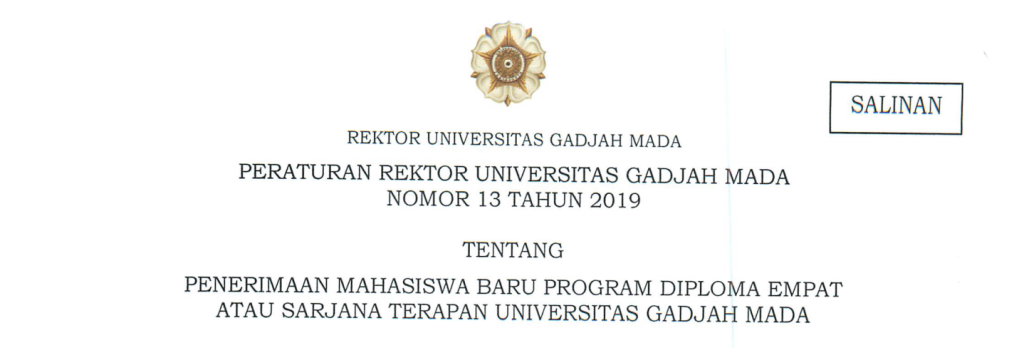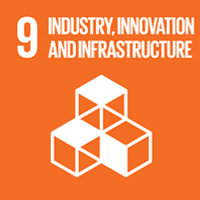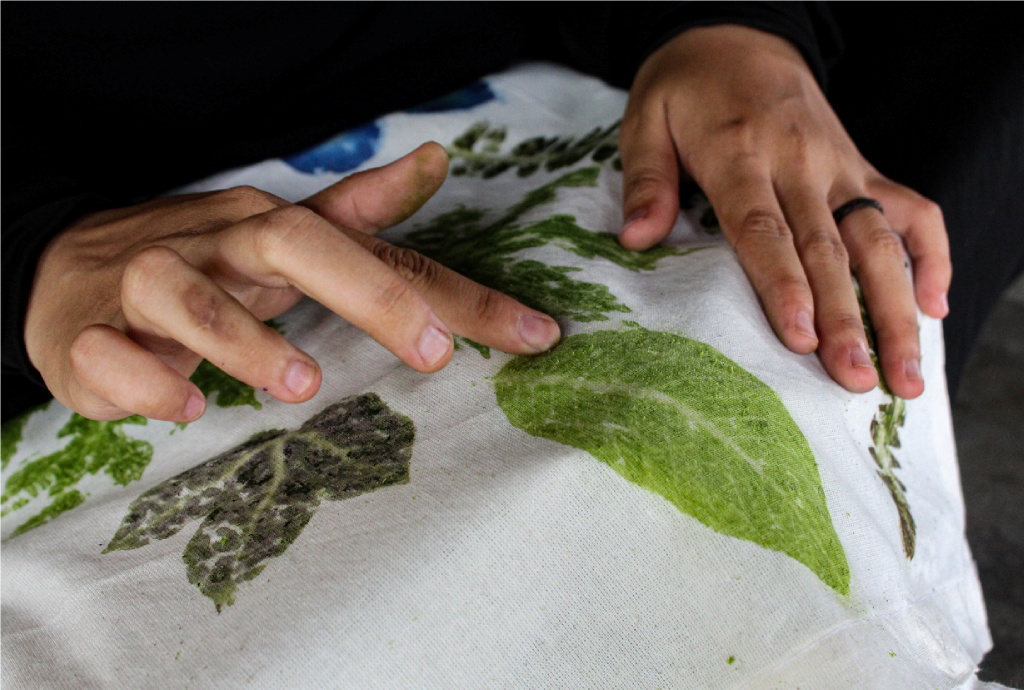Template Heading
Universitas Gadjah Mada has a non-discriminatory policy for new student admissions, where all admission processes will be conducted fairly without distinguishing between religion, ethnicity, race, gender, age, position, social status, physical condition, and economic capacity of prospective students, while still considering the potential and academic achievements of the applicants. This is clearly outlined in Rector’s Regulation Number 13 Year 2019 Article 3 Paragraph 1 concerning Admission of Undergraduate and Applied Undergraduate Programs and Rector’s Regulation Number 11 Year 2019 on Undergraduate Admissions through the Independent Entry Track, which also mentions special categories, including affirmative and special provisions for Papua Province (Article 9).



SDG 9 Publication

SDG 9 Publication
1. LPPT Waste Management

UGM has several ongoing water recycling programs.
- Greywater recycling: A system that captures water from dormitory showers and sinks, treating it for reuse in landscape irrigation.
- Rainwater harvesting: A system that collects rainwater from rooftops and reuses it for toilet flushing or garden irrigation. UGM uses both rainwater harvesting systems and ducted rainwater harvesting systems.
Other water recycling programs include a recycling system for the University Mosque pond, the Faculty of Animal Science, which uses recycled water from the canteen, and UGM, which uses two water recycling methods: upflow and downflow.

Overall Report for SDG 1 to 17
UGM annually reports its achievements in implementing “Tri Dharma” and its contribution to society through Dies Natalis UGM, which is conducted at the end of each year by inviting all academic staff and students as well as the university’s partners. UGM also publishes a Sustainable Development Report annually.
- UGM’s SDGs Report 2023
